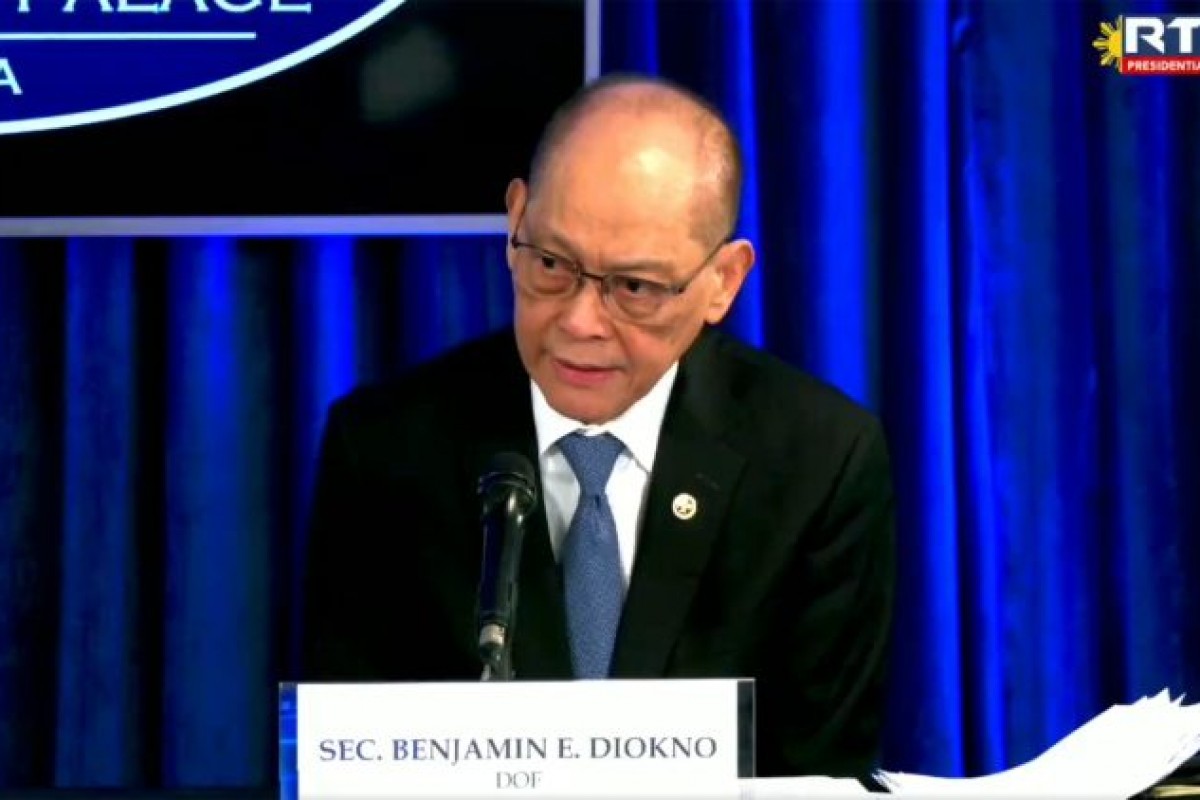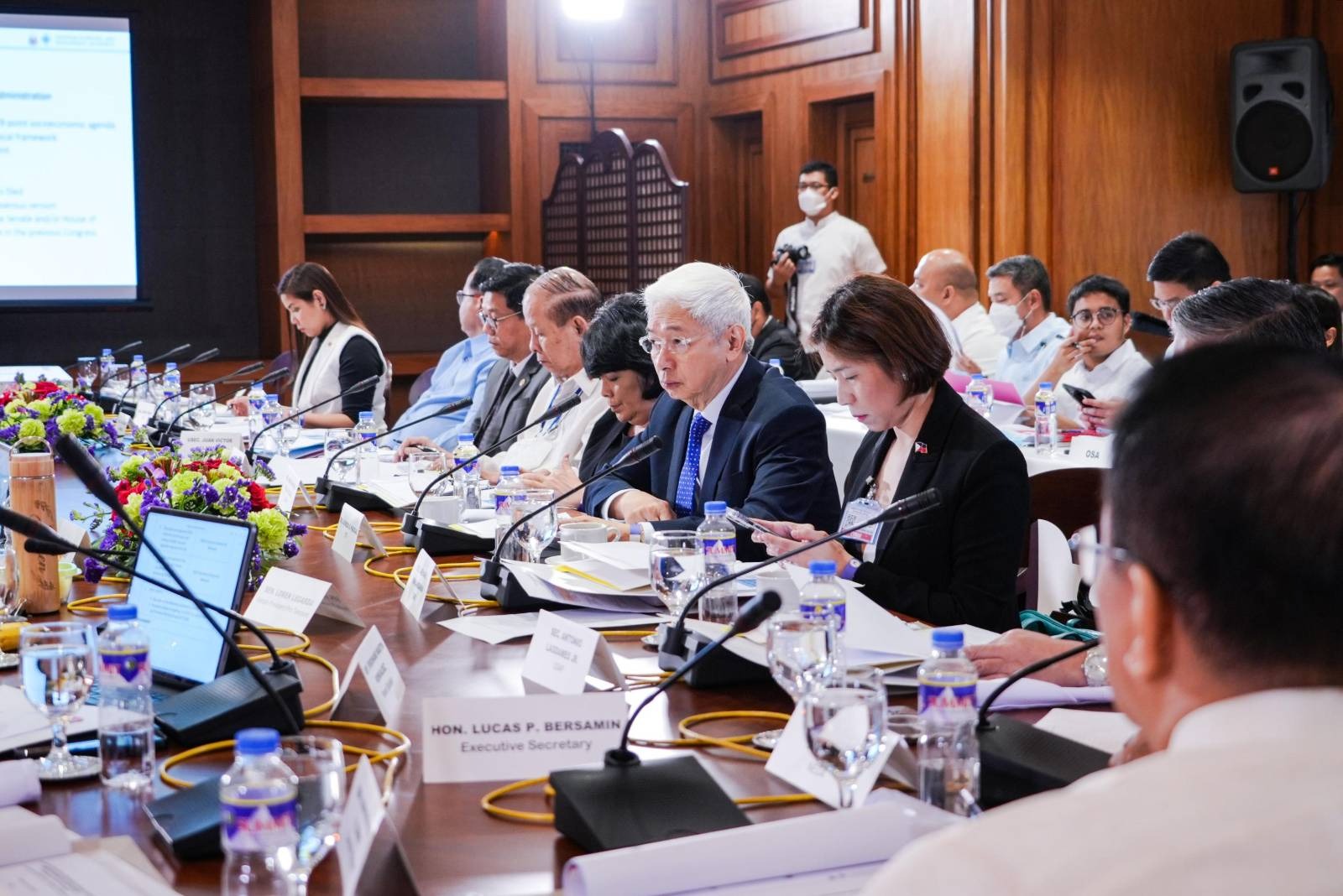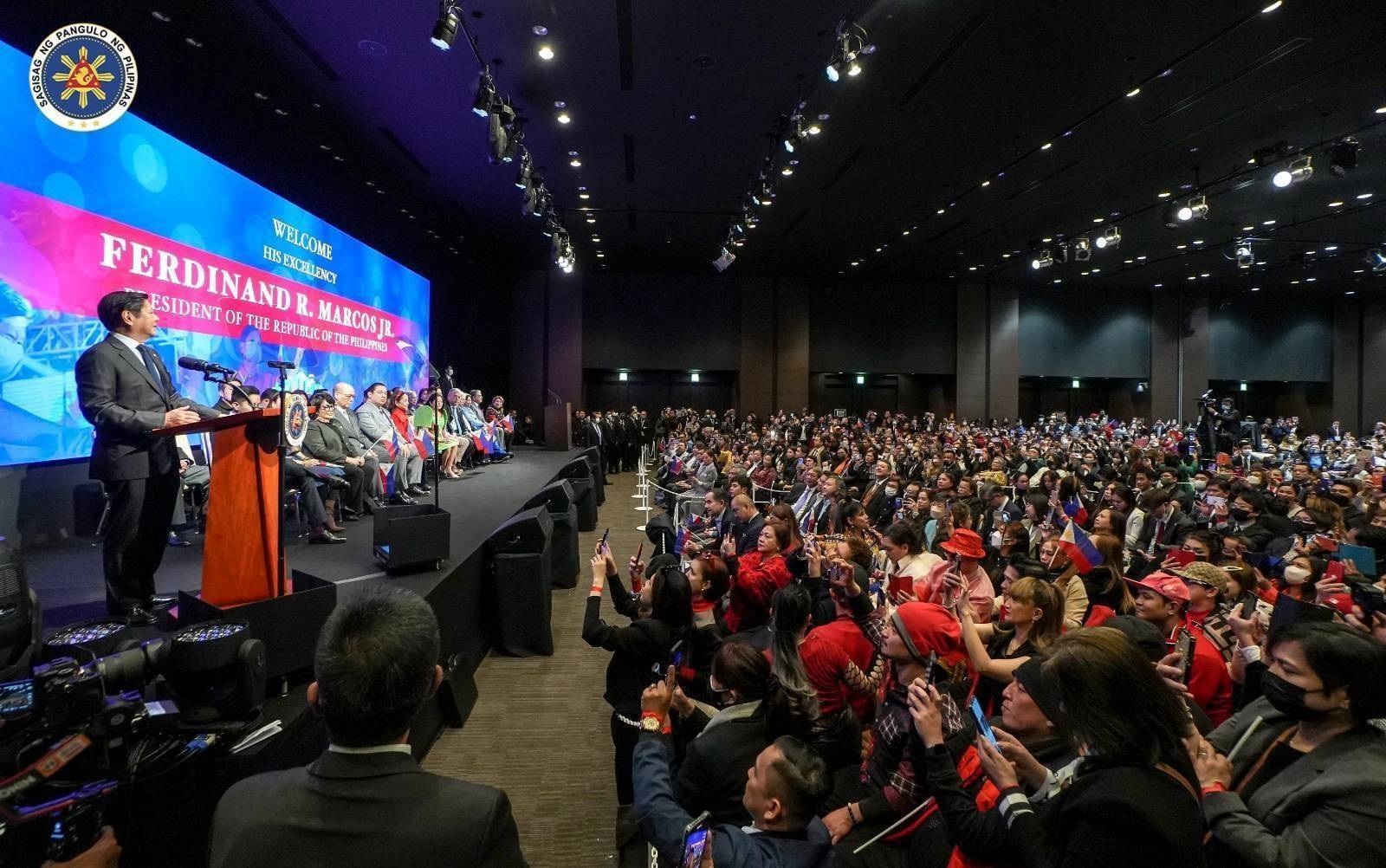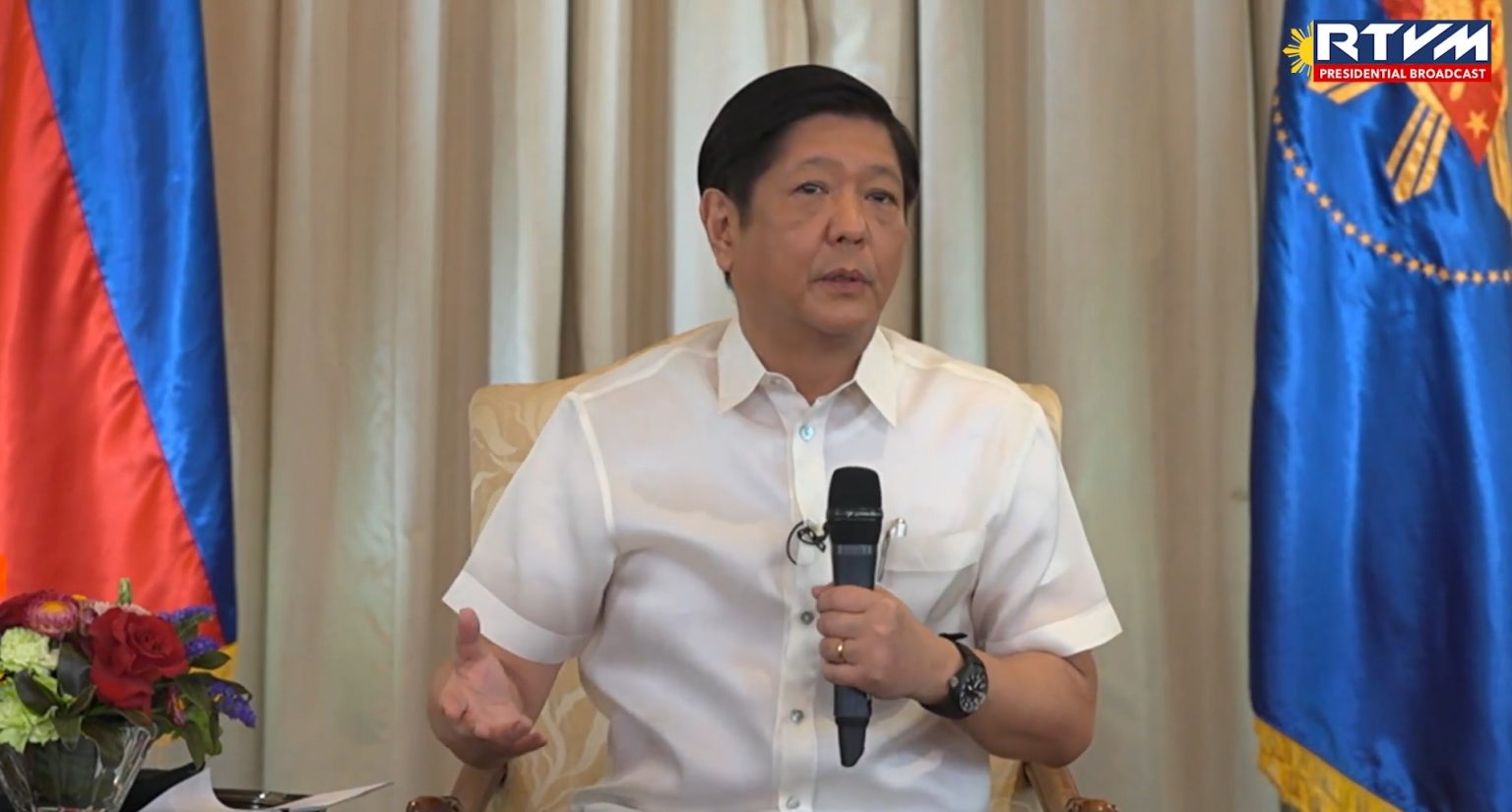QUEZON CITY (PIA) – The administration of President Ferdinand R. Marcos Jr. will create an economic development group to address the country’s economic concerns.
This group will be co-chaired by Department of Finance and the National Economic and Development Authority (NEDA) to assist the Executive Department in harmonizing, coordinating, complementing, and synergizing the efforts that will ensure the country’s rapid, inclusive, and sustained growth.
It will also be composed of the Presidential Management Staff (PMS), Department of Trade and Industry (DTI), Department of Budget and Management (DBM), Department of Agriculture (DA), Department of Public Works and Highways (DPWH), Department of Transportation (DOTr), Department of Information and Communications Technology (DICT), Department of Energy (DOE), Department of Science and Technology (DOST), Department of the Interior and Local Government (DILG) and Department of Labor and Employment (DOLE).
This is part of the government approach to boost the economy of the Philippines while addressing the inflation in the country.
The Philippine Statistics Authority reported that the country’s inflation went down to 8.6 percent in February. The Department of Finance (DOF) expects it to dip by 4 percent in October of 2023 and an average of 3.1 percent inflation rate is forecasted by 2024.
Agriculture is seen to be one of the main driving forces of inflation and food security is one of the main issues that needs to be addressed in addition to energy. Hence, the government prepares short term to long term plans focusing on agricultural measures.
On a short-term plan, Finance Secretary Benjamin Diokno reported that a total of P26.6 billion worth of subsidies will be provided for the vulnerable sectors which includes fertilizer discount vouchers, fuel discount on farmers and fisherfolks, and fuel subsidy for transport sector. He also mentioned the extension of Targeted Cash Transfer Program that will provide P500 for 2 months for 9.3 million households in the country.
In the long term, the current administration also aims to pass the following agricultural legislative priorities that is expected to have great impact in the economy:
a. New Agrarian Emancipation Act
This will offer debt condonation to agrarian reform beneficiaries, which is now pegged at Php58 billion so that farmers can focus on the increasing production
b. National Land Use Act
The government will allocate land for priority sectors as such agricultural and fishery production, settlement and infrastructure development, transportation, communication, water resources, as well as social infrastructure.
c. Livestock Development and Competitiveness Bill
This will address the concerns of poultry and swine industries. Included in the proposed bill is reducing tariff on corn to uniform 5%.
d. Amendments to the Philippine Crop Insurance Corp (PCIC)
It intends to expand its coverage and allowing it to engage in index-based insurance and reinsurance. It also seeks to expand the types of crops that can be insured by the PCIC, and to include life and accident insurance for farmers and fishermen and their dependents.
Finance Secretary Diokno mentions the rice tariffication as their model to help normalize the inflation which the same model they will be following for sugar and meat importation.
Moreover, the administration also intends to implement an energy conservation plan focusing on the demand side.
Secretary Diokno also shares that the economic target of the Philippines is to attain upper middle-income status the earliest by 2024 which translates per capita income around $4,000 and above or around $16,000 which “still the best measure of economic development.”
These measures aim to mitigate inflation while ensuring food and energy security while balancing the interests of local food producers, consumers, and the overall economy of the country. (KSAA – PIA CPSD)





